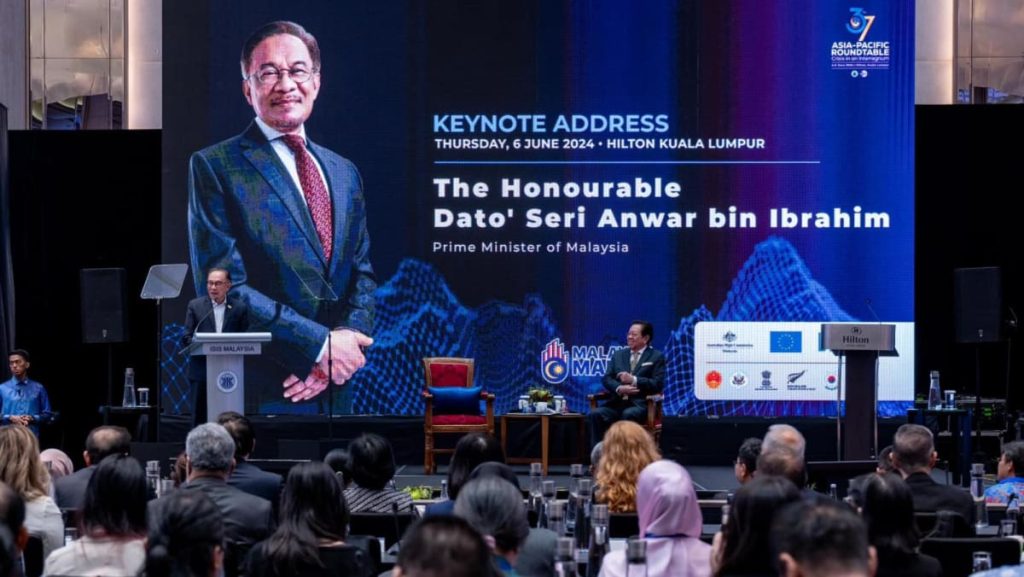In a statement dismissing claims that Malaysia was “tilting to one side” amid US-China tensions, Prime Minister Anwar affirmed his country’s independence and commitment to its national interests. Malaysia has consistently expressed concerns about the US and the West’s reluctance to pressure Israel in its conflict with Gaza. Anwar emphasized Malaysia’s stance on the need for comprehensive United Nations Security Council reform to ensure equitable regional representation and reflect current global realities. The existing composition of the UNSC, with all five permanent members hailing from the Global North, does not accurately represent the Global South and developing countries.
The Global South is traditionally characterized by lower standard of living, including lower incomes and higher poverty levels. Anwar highlighted that the divergences between the Global North and Global South are no longer solely about development but also encompass ideological, experiential, and perceptual factors. He emphasized the importance of giving a voice to the Global South in the international order and restructuring the United Nations to address this imbalance. Anwar called for inclusive decision-making processes that consider the perspectives and interests of all nations, regardless of their economic status.
Associate Professor Chong Ja Ian from the National University of Singapore commented on ASEAN’s role in promoting regional stability and highlighted the limited use of the bloc’s mechanisms. While ASEAN has established various mechanisms for confidence-building, preventive diplomacy, and regional cooperation since the 1990s, their effectiveness has been limited. The ASEAN Regional Forum, created in 1994, aims to facilitate open dialogue on political and security issues in the Asia-Pacific region with the participation of ASEAN member states and other major powers. However, the forum has mainly focused on convening meetings rather than taking proactive initiatives.
The lack of substantial action by ASEAN in promoting regional stability and conflict resolution has raised questions about the bloc’s ability to effectively address complex geopolitical challenges, including US-China tensions. Malaysia, as an ASEAN member, has a role to play in enhancing the organization’s impact and shaping regional dynamics. With the ongoing shifts in global power dynamics and the rise of regional security threats, there is a growing need for ASEAN to reassess its mechanisms and capabilities to tackle emerging challenges effectively. Malaysia, along with other ASEAN member states, could potentially take a more proactive role in promoting dialogue, cooperation, and conflict resolution in the region.
Anwar’s emphasis on Malaysia’s independence and commitment to its national interests underscores the importance of maintaining a balanced approach in international relations, particularly in the face of major power rivalries. Malaysia’s consistent stance on global issues, such as the situation in Gaza and the need for UNSC reform, reflects its commitment to promoting fairness, inclusivity, and equitable representation in international institutions. By advocating for a stronger voice for the Global South in global governance structures, Malaysia is contributing to efforts to address systemic imbalances and ensure that the diverse perspectives and interests of all nations are taken into account in decision-making processes.













